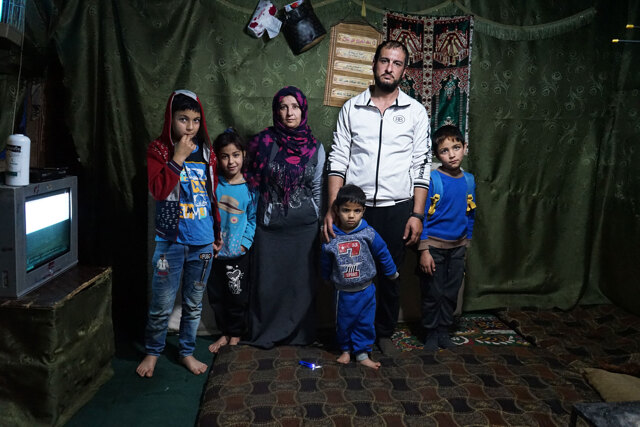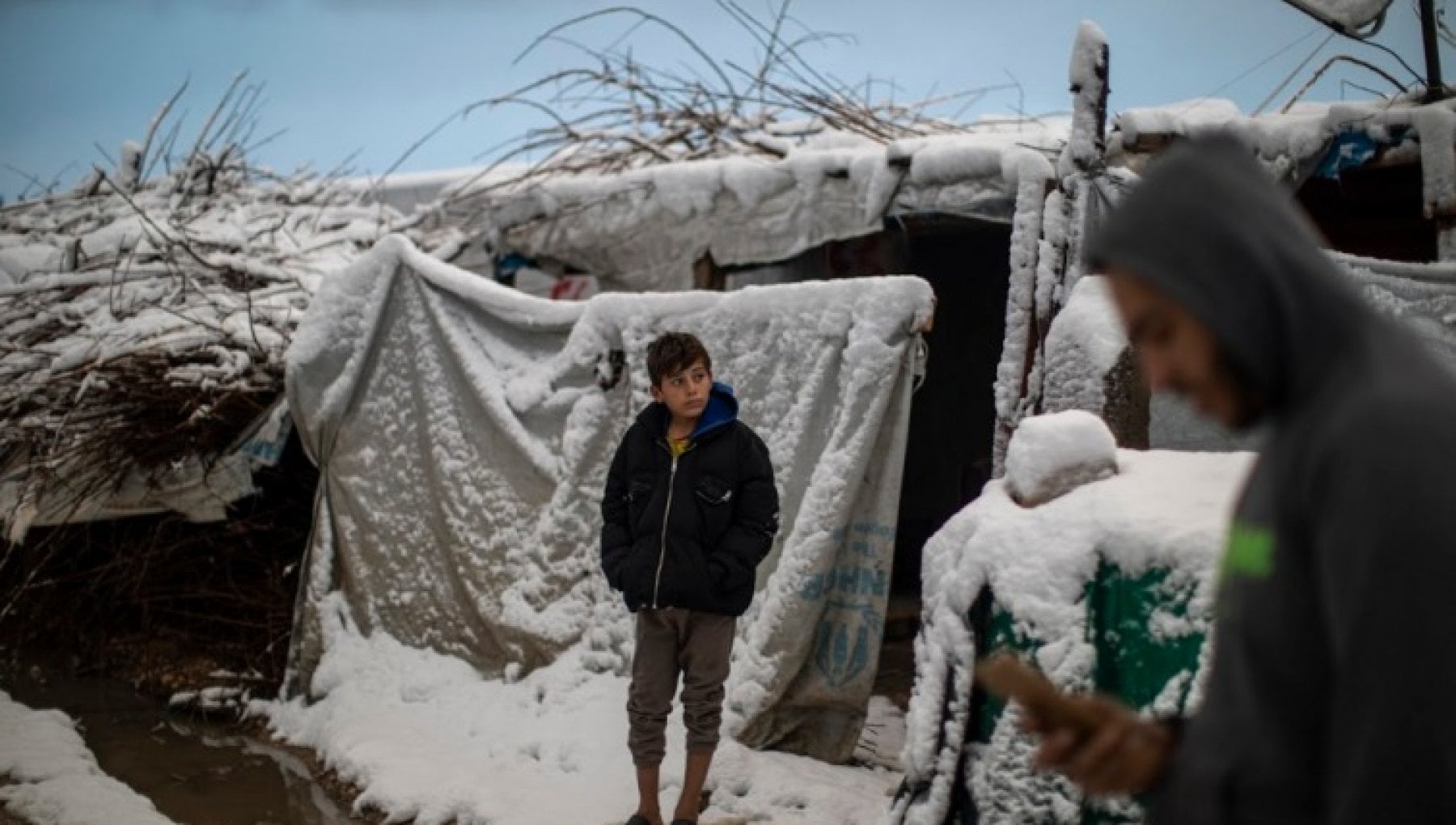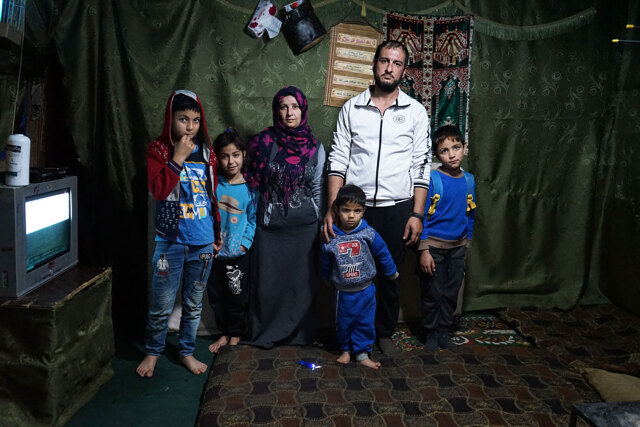
This is how Lebanon pays the price for the war in Syria
By Fulvio Scaglione
A few months ago, on the occasion of the United Nations General Assembly, Lebanese President Michel Aoun came forward with a video message that made noise. In it, in fact, Aoun launched into a veritable invective against the international community, guilty in his view of ignoring the tragic problem of Syrian refugees who, with the outbreak of the civil war in Syria in 2011, have poured precisely into Lebanon. "I have spoken about it on many occasions, especially here at the United Nations," Aoun said at the time, "and I have stressed the disastrous consequences in terms of the economy, health and security. Many times I have asked for help to ensure their peaceful return home. No one has responded."
Harsh words, unpresidential if you will, but justified by the situation. Lebanon, with a population of less than 7 million, has been a refuge for 850,000 refugees for many years, but with a "Syrian" population exceeding 1.5 million. The consequences are dramatic. There are more Syrian children in schools than Lebanese. The desperation of the refugees, largely crammed into camps, has fueled a black and underpaid labor market that, in turn, has worsened the working conditions of many Lebanese as well. On top of it all came the economic crisis, which plunged 60 percent of Lebanon's population into poverty, and Syrian refugees even lower.
The government of Syrian President Bashar al-Assad makes constant appeals for the return of refugees, both from Lebanon and Turkey, which hosts two and a half million of them (but there are unofficial estimates that put the figure as high as 5 million). Many, however, do not trust Assad and his policies (and perhaps did not trust them even before the war), fearing reprisals. Others fear residual jihadism and the pockets of war still burning in Syria. All have lost important parts of their assets, and after so many years they do not even know if it is worth returning. Some hope to make it to Europe, through humanitarian corridors and humanitarian organizations working in the camps. For the Syrians stranded in Turkey by the agreement that Turkish President Recep Tayyip Erdogan signed with the European Union in March 2016, there is an added difficulty: the perennial guerrilla warfare in the north of the country, right along the border, animated by Turks, Kurds, Russians, Syrians and Islamists of various kinds.
Months have passed and President Aoun's appeal has fallen on deaf ears, like many others from the more or less recent past. Too many political actors are involved, too many partisan interests. But Syria's refugees outnumber the population of Greece, double at least that of the Baltics, Denmark or Ireland, and could easily populate Portugal. The disinterest of the international community (which includes countries that helped ignite or exacerbate the Syrian crisis) is a disgrace to all.


